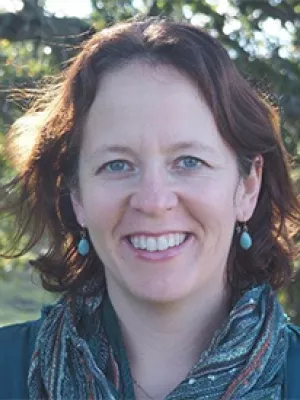
Kimberly Nicholas
Senior Lecturer, Docent

Transnational land acquisitions beyond the food and financial crises
Author
Summary, in English
Large-scale land acquisitions (LSLA) in resource-rich countries came to global attention after the food and financial crises of 2008. Previous research has assessed the magnitude of these land investments in terms of land areas acquired. In this study, we analyze the trends in the evolution of LSLA by framing the latter as virtual land trade network with land transactions occurring between 2000 and 2015, in order to shed light on the development and evolution of this system. Based on an index we introduce to represent both the number of countries and size of deals, we discover three main phases of trade activity: a steady increase from 2000 until 2007 (Phase 1) followed by a peak coinciding with the food and financial crises between 2008 and 2010 (Phase 2) and concluded by a decline from 2011 to 2015 (Phase 3). We identify 73 countries that remained active in land trading during all three phases and form a core of land traders much larger than previously thought. Using network analysis methods, we group countries with similar trade patterns into categories of competitive, preferential, diversified, and occasional importers or exporters. Finally, in exploring the changes in investors and their interests in land throughout the phases, we attribute the evolution of LSLA to the different stages in the globalization and financialization of different industries. By showing that land investments seem fully integrated as investment strategies across industries we argue for the urgency of better regulation of LSLA so that they also benefit local populations without damaging the environment regardless of their primary purpose.
Department/s
- Dept of Physical Geography and Ecosystem Science
- LUCSUS (Lund University Centre for Sustainability Studies)
- BECC: Biodiversity and Ecosystem services in a Changing Climate
Publishing year
2019-07-31
Language
English
Publication/Series
Environmental Research Letters
Volume
14
Issue
8
Document type
Journal article
Publisher
IOP Publishing
Topic
- Physical Geography
- Social Sciences Interdisciplinary
Status
Published
Project
- Food security in a changing climate: The role of cropland intensification and land acquisitions across Africa
ISBN/ISSN/Other
- ISSN: 1748-9326